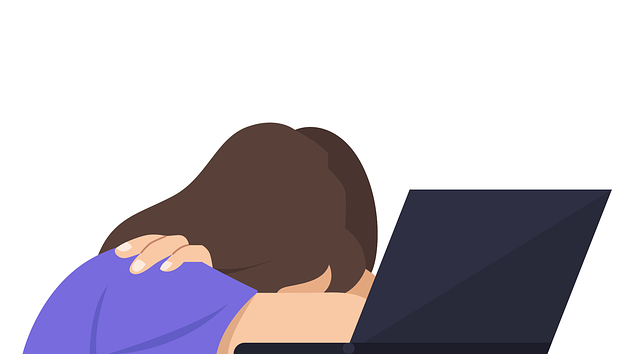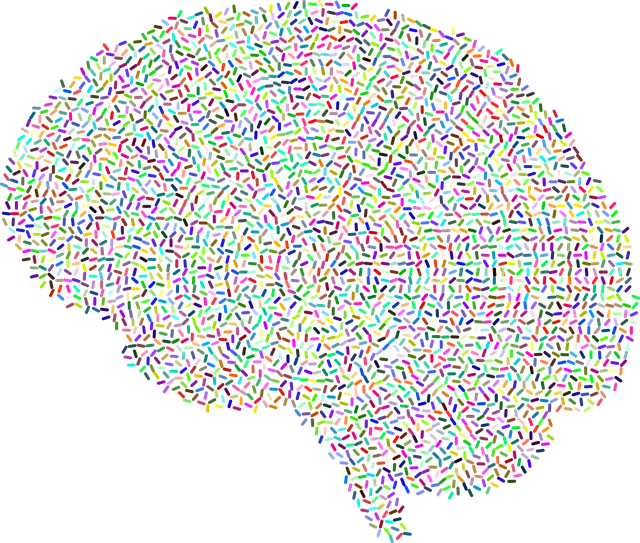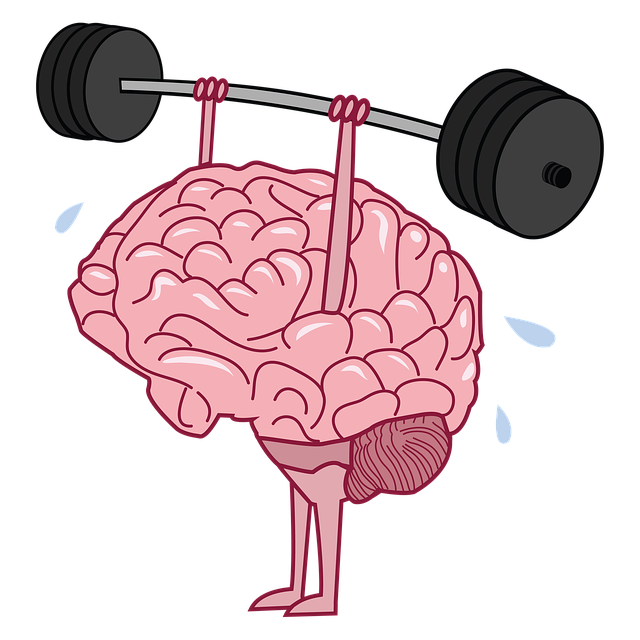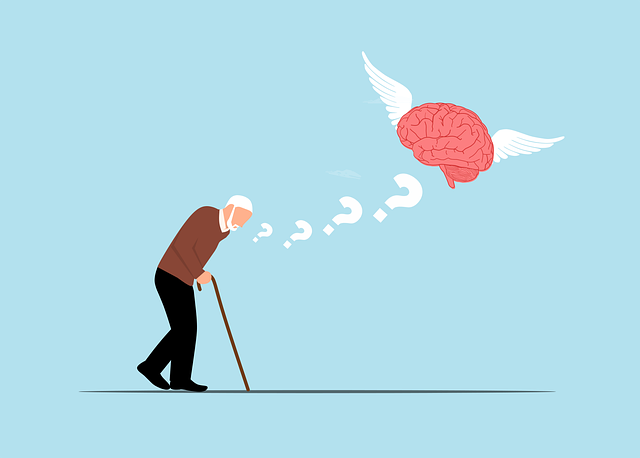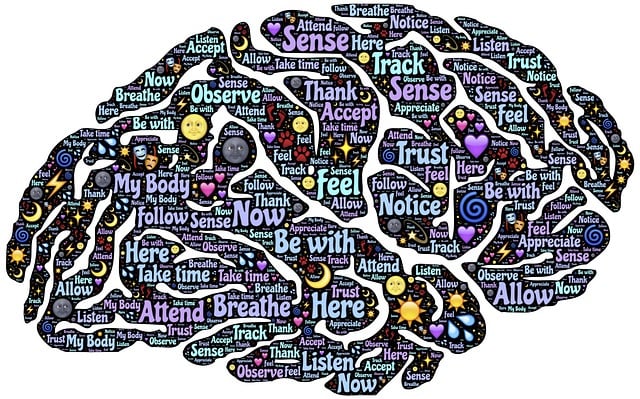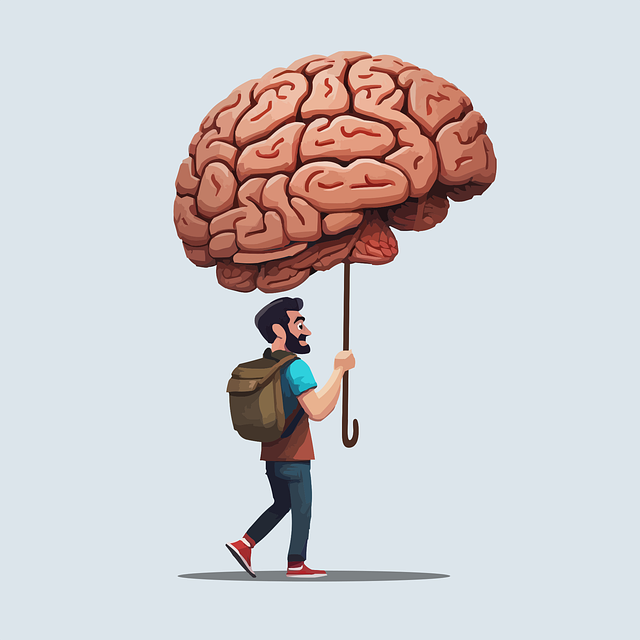Anxiety management is crucial for individuals with Oppositional Defiance Disorder (ODD) in Denver, as persistent anxiety can exacerbate ODD symptoms and impact daily life. Effective treatments include Cognitive Behavioral Therapy (CBT), Mindfulness-Based Therapies, and lifestyle changes. Denver ODD therapy focuses on building positive relationships, encouraging open communication, and integrating techniques like CBT, mindfulness practices, and self-esteem activities to reduce stress and improve emotional well-being. By combining therapy with journaling exercises and trauma support services, individuals can develop healthier coping mechanisms and manage both anxiety and ODD symptoms more effectively.
Anxiety is a prevalent condition affecting millions, yet managing it effectively remains a challenge. This article explores various techniques to combat anxiety, offering practical insights for those seeking relief. We delve into the understanding of anxiety and its profound impact on daily life, providing a comprehensive guide to coping strategies. From conventional methods to specialized treatments like Denver Oppositional Defiance Disorder (DODD) Therapy, learn how to reclaim your well-being. Additionally, discover lifestyle adjustments and effective coping techniques tailored for better mental health.
- Understanding Anxiety and Its Impact
- Common Anxiety Management Techniques
- Denver Oppositional Defiance Disorder (DODD) Therapy: A Specialized Approach
- Lifestyle Changes for Better Mental Health
- Effective Coping Strategies for Daily Life
Understanding Anxiety and Its Impact

Anxiety is a natural response to stress, but when it becomes overwhelming and persistent, it can significantly impact daily life. It’s crucial to understand that anxiety isn’t simply feeling nervous or worried; it’s a complex emotional state characterized by physical symptoms like increased heart rate, rapid breathing, and feelings of fear or unease. These sensations can be so intense that they disrupt one’s ability to function normally, leading to what is often diagnosed as an Oppositional Defiance Disorder (ODD) in children and adolescents. In Denver, where access to mental health services is readily available, ODD therapy combines various anxiety management techniques for effective treatment.
The impact of chronic anxiety extends beyond the moment; it can hinder academic performance, social interactions, and overall emotional well-being promotion techniques. This is especially true for individuals with ODD, who may struggle with impulsive behavior and defiance as a result of unaddressed anxiety. Anxiety relief strategies, such as self-awareness exercises, breathing techniques, and cognitive behavioral therapy (CBT), are essential tools in managing these symptoms. By learning to identify triggers and implementing healthy coping mechanisms, individuals can regain control over their lives, fostering a sense of calm and improving their ability to navigate challenging situations.
Common Anxiety Management Techniques

In the realm of anxiety management, several techniques have proven effective in mitigating symptoms and enhancing overall well-being. One widely recognized approach is Cognitive Behavioral Therapy (CBT), which focuses on identifying and changing negative thought patterns that contribute to anxiety. CBT helps individuals challenge their fears, learn relaxation strategies, and develop healthier coping mechanisms. For those dealing with complex conditions like Oppositional Defiant Disorder (ODD) in Denver, therapy becomes a pivotal tool, offering structured support tailored to address specific behavioral challenges.
Additionally, Mindfulness-Based Therapies have gained prominence as powerful tools for anxiety management. These practices encourage individuals to focus on the present moment, cultivating awareness without judgment. Techniques such as meditation and deep breathing exercises not only reduce immediate anxiety but also enhance resilience in managing stressful situations. Integrating mindfulness into daily routines can be a game-changer, especially when coupled with effective risk management planning for mental health professionals, aiming to mitigate potential triggers and promote healthier environments.
Denver Oppositional Defiance Disorder (DODD) Therapy: A Specialized Approach

Denver Oppositional Defiance Disorder (DODD) Therapy offers a specialized approach to managing and treating this complex behavioral disorder in children and adolescents. This therapeutic method is tailored to address the unique challenges presented by DODD, which often involves patterns of opposition, defiance, and anger. The process focuses on building positive relationships between the child and their healthcare provider, fostering an environment that encourages open communication and understanding.
Through structured sessions, this therapy aims to enhance self-esteem, improve emotional regulation skills, and provide effective coping strategies. By incorporating elements of cognitive-behavioral techniques and personalized support, Denver DODD Therapy helps individuals develop healthier ways to express their emotions and interact with others. Additionally, cultural competency training for healthcare providers plays a vital role in ensuring that the therapy aligns with the client’s background and values, promoting successful outcomes and building trust.
Lifestyle Changes for Better Mental Health

In managing anxiety, lifestyle changes play a pivotal role in enhancing mental health. This includes adopting healthy habits such as regular exercise, balanced diets, and sufficient sleep—all of which have been proven to reduce stress levels and boost overall well-being. For individuals dealing with conditions like Oppositional Defiance Disorder (ODD) in Denver, incorporating these practices can significantly support their journey towards inner calm and resilience.
Moreover, cultivating mindfulness, practicing deep breathing exercises, and engaging in activities that foster self-esteem improvement are effective strategies. These techniques not only help manage anxiety symptoms but also promote burnout prevention. By nurturing inner strength development, individuals can better navigate challenges, improve their ability to cope with stressors, and lead more fulfilling lives.
Effective Coping Strategies for Daily Life

Anxiety management requires a multi-faceted approach that includes effective coping strategies for daily life. One powerful tool is mindfulness meditation, which helps individuals stay present and reduce worry about future or past events. Regular practice can significantly improve mental wellness, offering a calm perspective amidst stressful situations.
For those dealing with oppositional defiance disorder (ODD) in Denver, combining therapy with journaling exercises can be incredibly beneficial. Mental wellness journaling provides a safe space to express emotions and track progress over time. This guidance supports individuals in understanding their triggers and developing healthier coping mechanisms, which are crucial for managing anxiety and ODD symptoms effectively. Additionally, trauma support services play a vital role in addressing underlying issues that may contribute to anxiety disorders, fostering a holistic approach to overall well-being.
Anxiety management is a holistic process, and as demonstrated by the various techniques discussed, there’s a tailored approach for everyone. While common strategies offer a solid foundation, specialized treatments like Denver Oppositional Defiance Disorder (DODD) therapy prove that addressing specific mental health challenges can significantly improve quality of life. Integrating lifestyle changes and adopting effective coping strategies further empowers individuals to navigate and manage anxiety, fostering resilience and promoting overall well-being.


